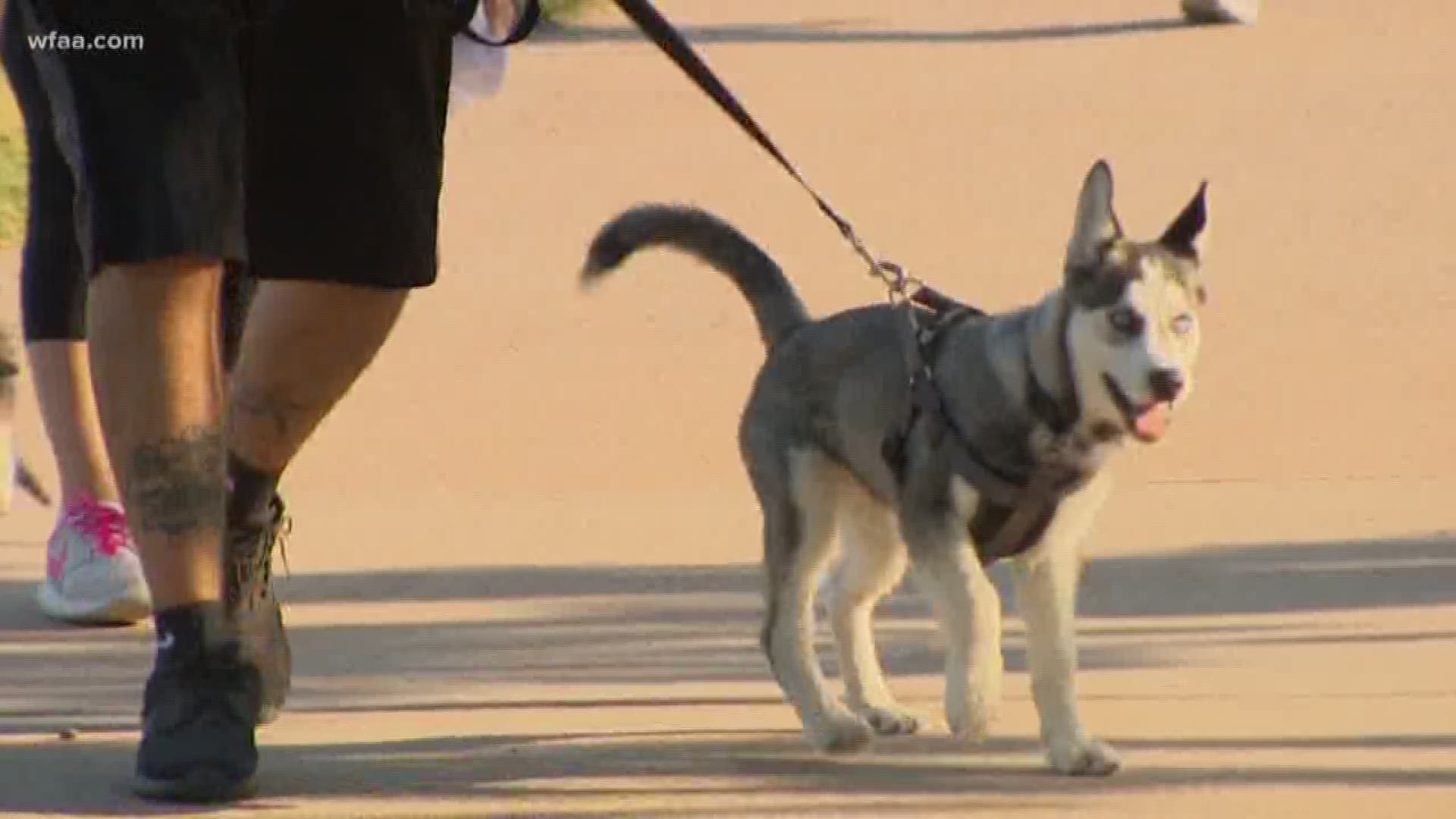FORT WORTH, Texas -- When it comes to dogs and cats, the City of Fort Worth wants pet owners to embrace some 21st-century technology.
On Tuesday, the city council will decide whether to require pet owners within city limits to microchip their dogs or cats.
The move comes as the city works to update animal control ordinances while shelters run over capacity.
"It's simple and effective. If your animal ever gets out, we can get your animal home to you," said superintendent Tony Hiller, who helps run the city's animal care and control shelter.
As an alternative, the city would allow pet owners to get a "collar-attached" license and pay at least a $100 fee.
But city documents stress that microchipping would be the "...primary/recommended method for identification."
No annual fee would be required.
"It's a passive chip, an RFID chip, just like what they use to make sure people aren't shoplifting," said Hiller.
He said during the past couple of months, they've been running over capacity with some 700 animals filling up their facilties daily. The vast majority of those are cats and dog. "That's why we're doing the adoption special through the end of the month," said Hiller.
The microchip news was a surprise to some dog owners enjoying a warm Monday evening at Trinity Park. "I knew nothing about it," said Miguel Vedia. "I'm not too fond of putting a microchip in a dog."
Vedia bought a Husky puppy only two weeks ago. He says "Zeus" is a lot of work, and seems to be prone to wandering. He may go for a microchip after all. "I know these guys run off and can have a mind of their own," he said.
His girlfriend Ruby recently took in a lost kitten. She wasn't crazy about the idea of chipping the cat named Athena.
The city actually already requires that pet owners register their animals, but it's estimated that less than three percent of households do it, according to its website.
Microchipping can be quicker, cheaper, and last the entire life of the dog or cat, according to Hiller.
Violators could face up to a $500 fine, although first-time offenders would have the option to attend an pet class, or volunteer at the shelter instead.

